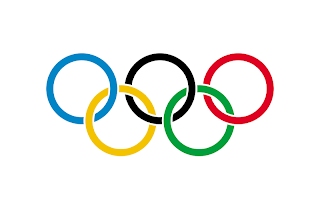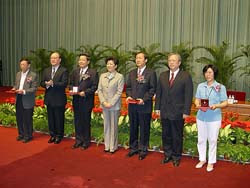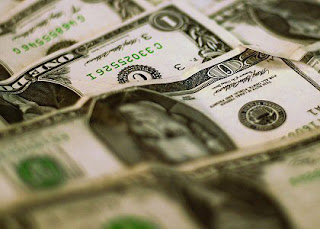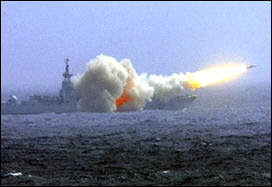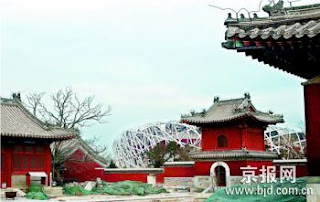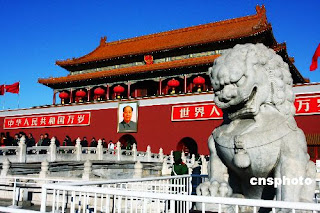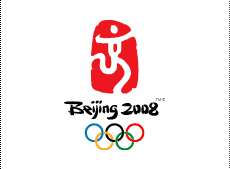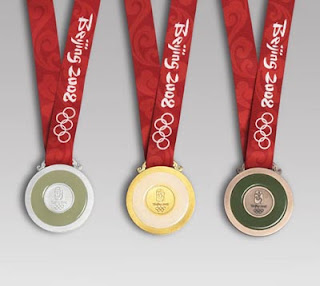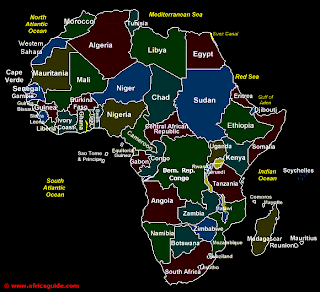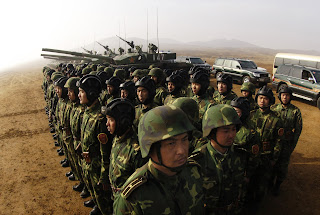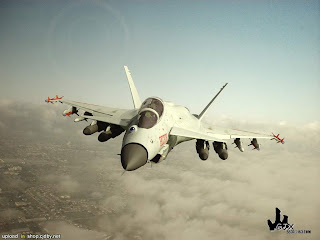
By China Watcher
Two weeks ago, the Japanese police investigators handling the dumpling poisoning case announced that the contamination most likely happened in China and not in Japan as the insecticide, methamidophos, detected on the packaging and in the vomit of the 10 persons sickened in December and January, is a banned chemical in the country. In another press conference, the Health Ministry of Japan has however mentioned that there were traces of tampering of the packages containing the frozen food and is of the opinion that it could have been sabotaged.
Yesterday, the General Administration of Quality Supervision, Inspection and Quarantine (AQSIQ) told a press conference that there is little chance that the tainted frozen food, produced by Tianyang Food Plant in northern Hebei Province, was contaminated in China. To support its statement, they claimed that they had conducted extensive tests and inspections on the production, storage and transport of the dumplings and found nothing unusual at the factory. Fifty-five people involved in the production were questioned extensively and no suspicious activities were uncovered. Furthermore, the investigations on the samples also revealed that the poisonous food could have been man-made and did not come from any tainted raw materials or ingredients as what was earlier thought to be.
Beijing claimed that though methamidophos is being used in the country but since 2004, they had banned the use on fruit and vegetable crops. China is a huge developing country and it has now come to terms on the importance of food standards and quality which the Chinese residents have also demanded. China has very strict laws on food production and arising from last year international outcry of its toys and foods, they have implemented a control mechanism to monitor the export of goods to overseas market. Given time, the quality issues on Chinese foods and products will be a thing of the past.
From the two announcements, it was clear that there were pesticides in the selected frozen dumplings but there were two differing opinions of where the contamination actually takes place. Both the police in the two respective countries have evidences backing their conclusive stance but whose data – either quantitative or qualitative are more scientific, objective and reliable.
It is not easy to support the conclusions that the poisoning could have been deliberate but with the less trustful and suspicious feelings of the people from the two countries, it is often very easy to deduce an outcome from that perspective. Almost 80% of the residents from both China and Japan do not view each other as “friends” but more as “adversaries” or “competitors”, a result of the historical feuds which has remained even after more than 60 years. The rise of China and the influence of the right-wing camps in the ruling administration have contributed to the sometimes “war-like” atmosphere between the two economic giants in Asia.
We hope the two countries could bring the dumpling case to a close and will not allow such incident to damage the fragile relationship which has just become slightly “hot” with the resignation of the previous Prime Minister of Japan in 2005.
Moving forward and to avoid a recurrence of similar incidents involving Chinese foods and goods, it is important for Japan to set up a branch of its Food Inspection Unit in China, mirroring the US Food and Administration Authority, to randomly check the goods before it leave the port for Japan. In the event of another case of this nature, it would be much easier to pinpoint the place and cause of the problem.
The present governments of both countries have tried very hard to deepen and strengthen the relations further by building bridges between its people but they must also be wary of certain people – internal as well as external – who do not want to see the two neighboring countries getting closer together.
